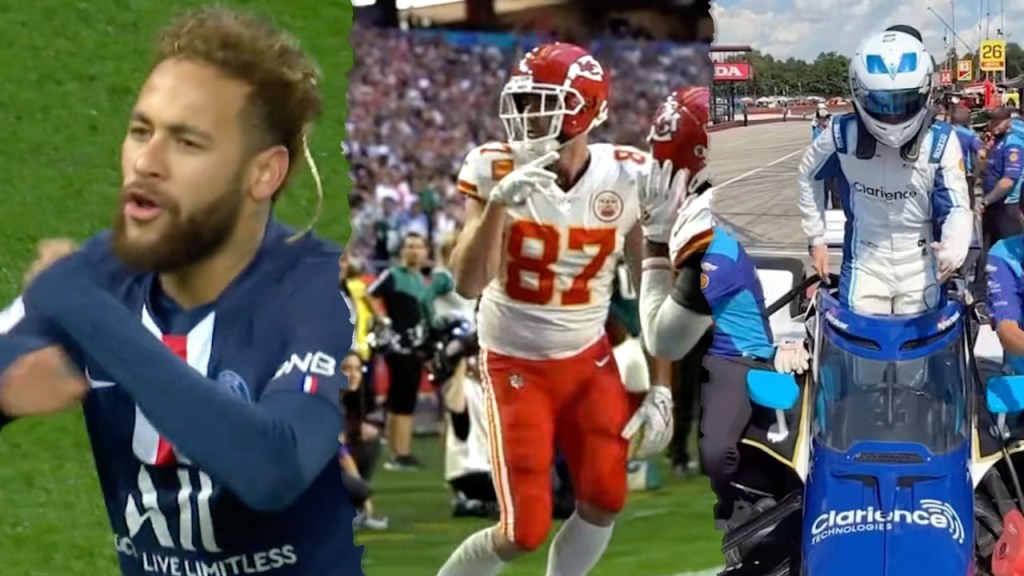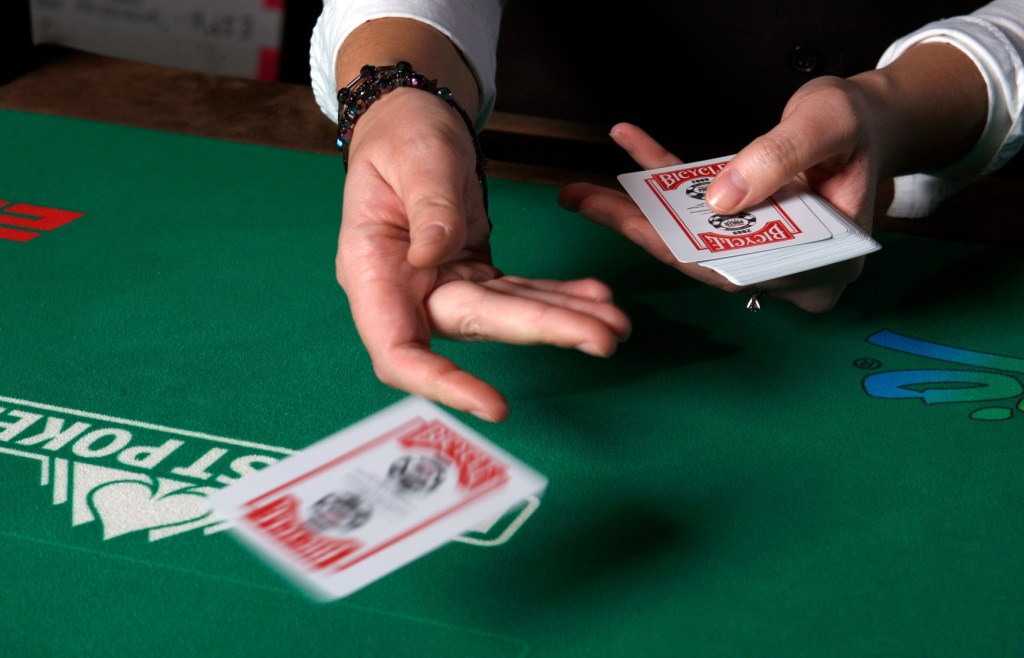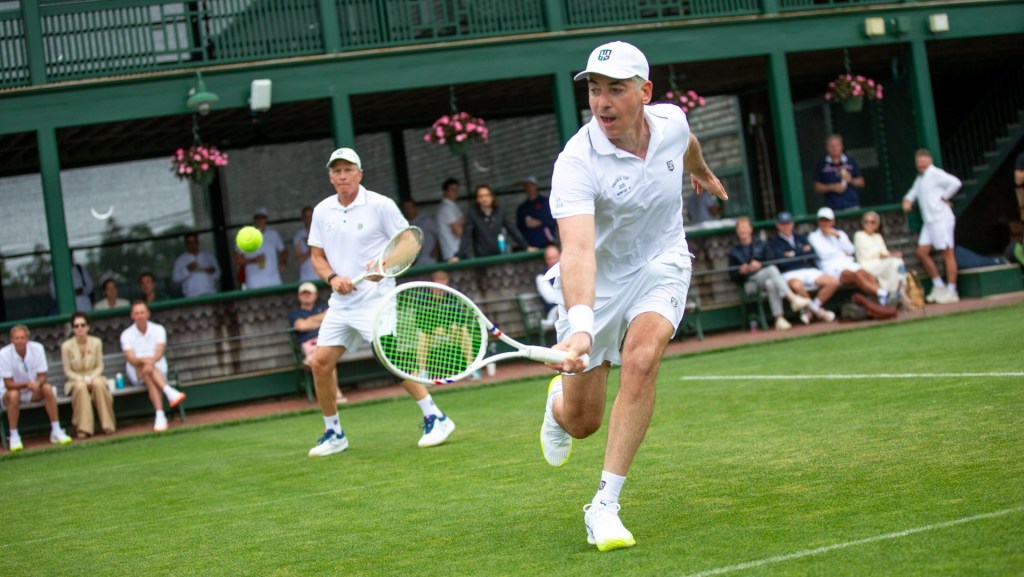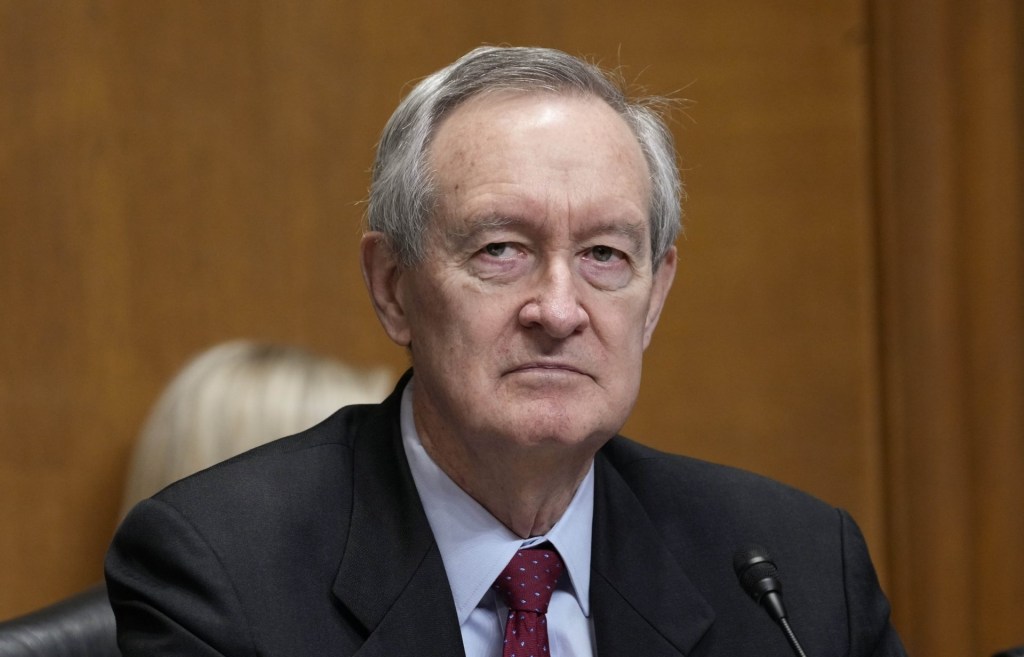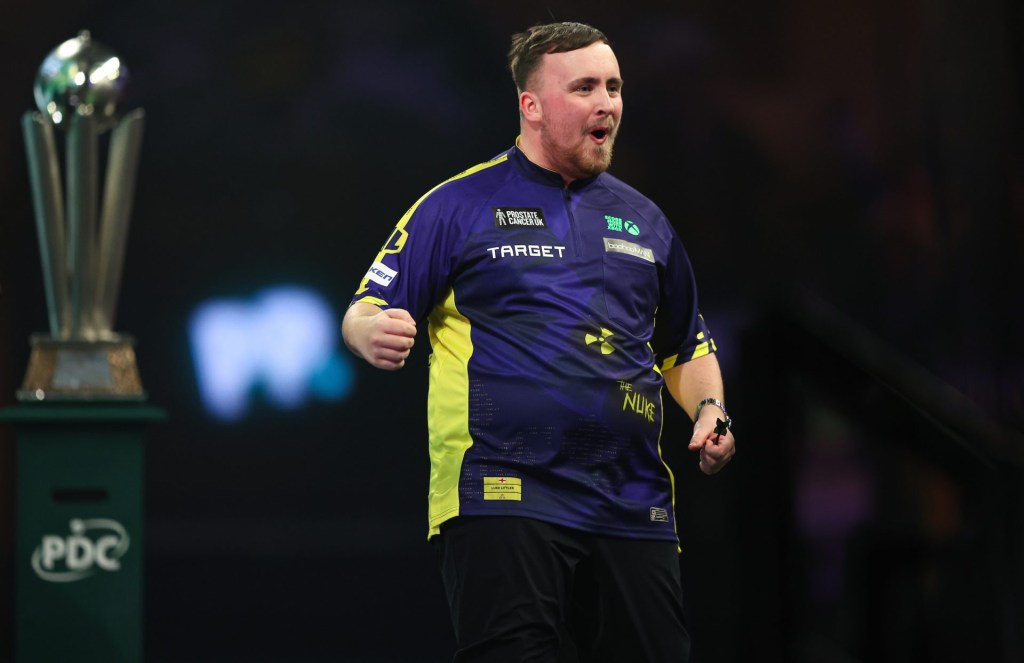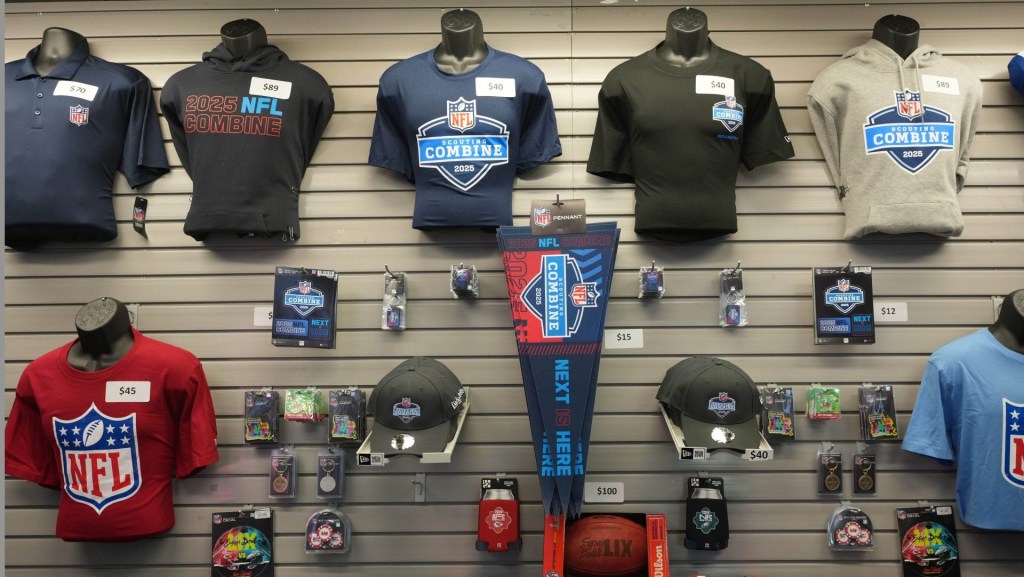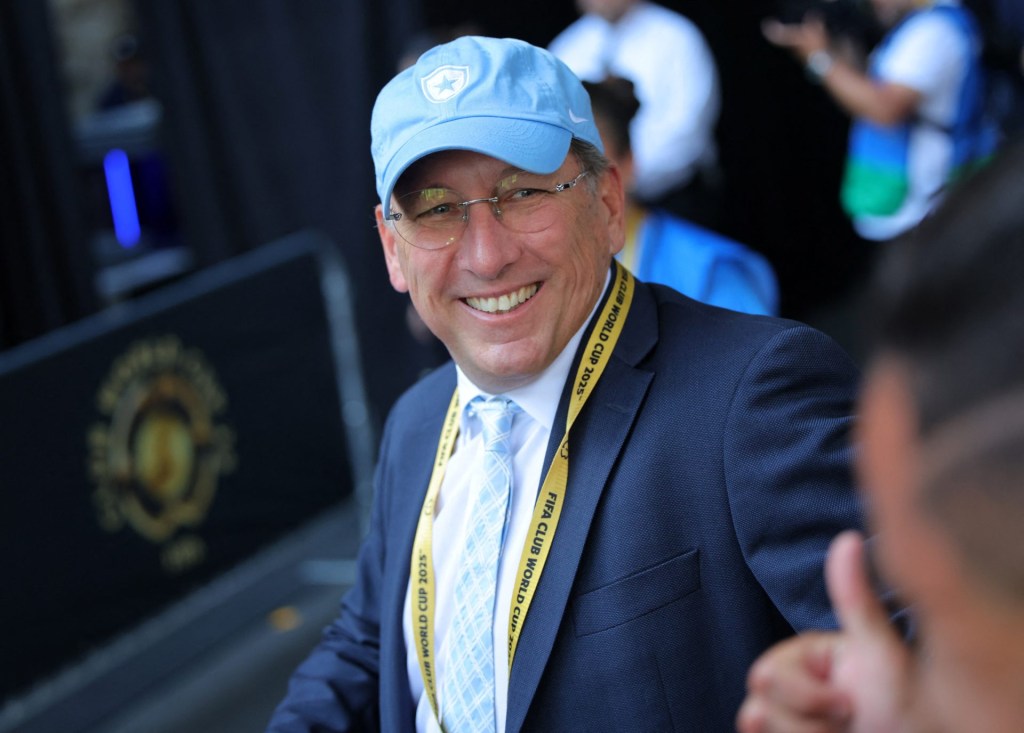By: Adam White, @FOSAdam
Front Office Sports is proud to have Ravi Shah, Director of Social Media at the Sports Quotient as the inagural interview for the site. Ravi is an alumnus of the Wharton Sports Business Academy at the University of Pennsylvania and rising freshman at Rutgers University. At Rutgers University, he plans to major in Finance and Business Analytics & Information Technology.
What were your previous positions if any prior to your current position?
Before joining The Sports Quotient as a Director of Social Media, I volunteered as a Social Media Marketer at Janyaa, a non-profit organization. I also gained valuable writing experience as a Staff Writer for Fansided.com’s Philadelphia Eagles blog and as a featured columnist at New York Sports Hub.
What is the average day like for a person in your position?
As the Director of Social Media, I am responsible for overseeing The Sports Quotient’s Social Media Strategy and Social Media team. Throughout the day, I am acquainted with all the latest sports news and rumors so that our social media team can keep fans up-to-date on the latest sports news. However, my primary goal is to engage the audience and drive people to the site. I am constantly trying to share news and start discussions that bring fans back to the site.
What drew you to being a part of the social media part of sports?
Whether it’s for the championships, drafts, lockouts, competition, scandals, or other major events, social media allows athletes, teams, sports brands, and companies to connect with fans and consumers like never before. Working at The Sports Quotient has allowed me to start and promote intellectual debates about sports and hear different viewpoints in each argument. I initially became fascinated by social media when I spent three years researching iOS Application Creation and Marketing, creating an optimal guide to succeed in the successful iOS Application market.
How do you see social media’s impact in sports in the next few years? What changes do you see coming if any and what changes would you like to see?
I expect social media to continue to impact the world of sports for years to come. This year’s World Cup final between Germany and Argentina alone spurred 280 million interactions by 88 million people on FaceBook and more than 618,000 tweets per minute on Twitter.
Social Media has becoming a revolutionary way to communicate with millions of people worldwide.
In the upcoming years, I think that Facebook’s growth will dwindle and Twitter will emerge as the top social media site.
What is the biggest day-to-day challenge you face?
The biggest day-to-day challenge on social media is making sure that the information that is shared is not misinterpreted. Although you can delete posts/tweets, once you put something on the Internet, it’s out there forever. You just have to be careful what you tweet/post.
What is the best career advice you have been given so far?
Run behind experiences, not money.
What are some tips you have for people who want to be successful in the sports industry and possibly pursue a career in social media?
When you think of sports, you initially think of all the big name companies: ESPN, Sports Illustrated, Comcast Sports, etc. However, this is a lot more ways for people to get involved. In sports, it is important to build your portfolio and gain valuable experiences. Sometimes it is worth taking an unpaid position with a lot of responsibility because you can learn a lot from it.
What is the biggest impact social media has on sports? What is the greatest benefit for teams that have a social media account?
I like to think of social media as a conversation. Teams that utilize social media well are able to convey important information and learn about what fans think about the decisions they make. Sometimes what you get in return is more important than the post itself. It can help a team make adjustments based on what the fans want.
Which team do you think use social media the best and what differentiates them it the rest?
The Atlanta Hawks currently run one of the best social media accounts among sports team. It balances important news and comedy, always making the headline for something funny they have posted. Although one may not see the merit in making comedic references as a professional sports team, it can sometimes lead to thousands of people talking about the team. To this day, people reference Oreo’s tweet about the power outage during the Super Bowl. With social media, you can make impressions that last a lifetime.
What is your ultimate career goal?
With a passion in sports, analytics, social media, and finance, I hope to find a career where I can apply what I study in the sports industry.
What is your favorite part of working in the sports industry?
My favorite part about working in the sports industry is that I have the opportunity to interact and chat with coaches, reporters, players, and sports fans. Each person brings a different perspective to a situation.
